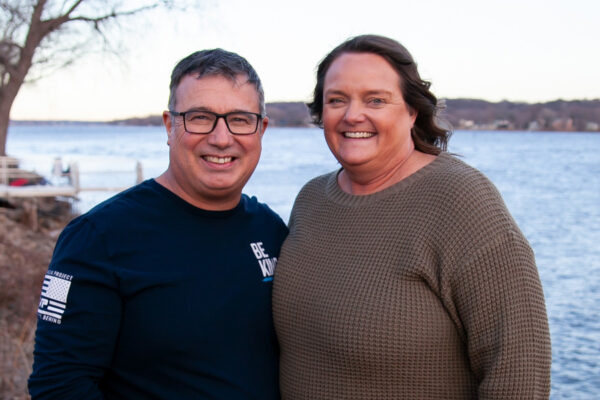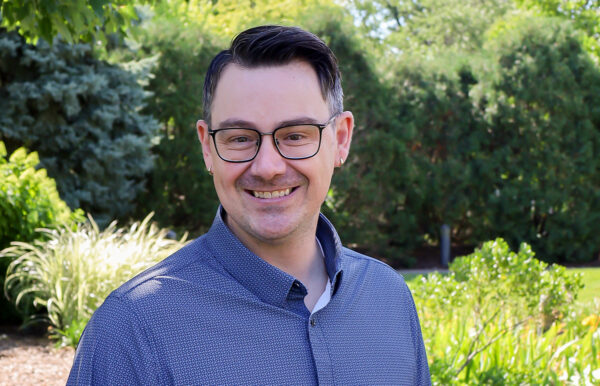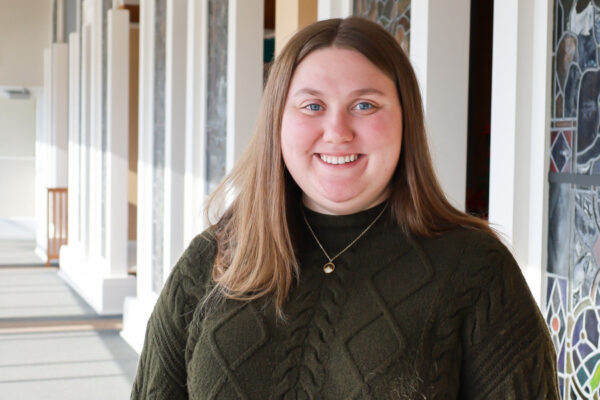Life in the subjunctive
If you ask just about anyone who’s ever tried to learn French, they will tell you: the subjunctive is hard. The subjunctive is not a verb tense – like past, present, or future – it is a mood. Other moods, which we use without thinking, are the indicative and interrogative. The indicative mood states things as they are. The interrogative mood asks questions. The subjunctive mood expresses what is imagined or wished or possible. An example of the subjunctive mood in English would be a phrase that begins, “If I were you.” One of the reasons it can be so difficult for English-speakers to get the hang of using the subjunctive in French is that we don’t use it the same way or as often in English. But regardless of our native tongue, people of faith should probably be more familiar with it.
Christian faith is oriented toward the future: we believe God is not finished acting in the world. More than that, we believe the best is yet to come. Church folk often have a reputation for being stuck in the past, but we really ought to be the ones who, more than anyone else, speak about what is possible, what might one day be. And, then, of course, we must walk the talk. I once overheard one pastor ask another why he had decided to become a vegetarian. “Because of the promise of the peaceable kingdom in Isaiah,” he said, “I want to live into that now as much as possible.” I don’t believe authentic Christian faith requires us all to be vegetarians, but this is an example of what it might look like to live in the subjunctive, to order our lives according to what we believe is possible for the world because of the promises of God.
With the events of Baton Rouge, Louisiana; Falcon Heights, Minnesota; and Dallas, Texas still fresh in our minds and filling evening news broadcasts, it’s time for us to engage our imaginations, to search the scriptures, and to ask ourselves what God promises to a world filled with violence. Then, even when it is hardest to trust them, we must live like we believe God’s promises will be fulfilled. The subjunctive is hard, but it’s where God calls us to live.
– Ryan Bailey, director of faith formation





Nicole Kelso
Ryan, how I wish we were at St. Paul at the same time! My family moved away about a year ago. As a French education major, I well know the difficulties of the subjunctive. I so appreciate your insight in applying this view to my Christian perspective of hope, often faced with challenge in today’s hurting world. How timely that your blog post appeared on Bastille Day and then with all that happened in Nice. I don’t believe in coincidences. Merci beaucoup!